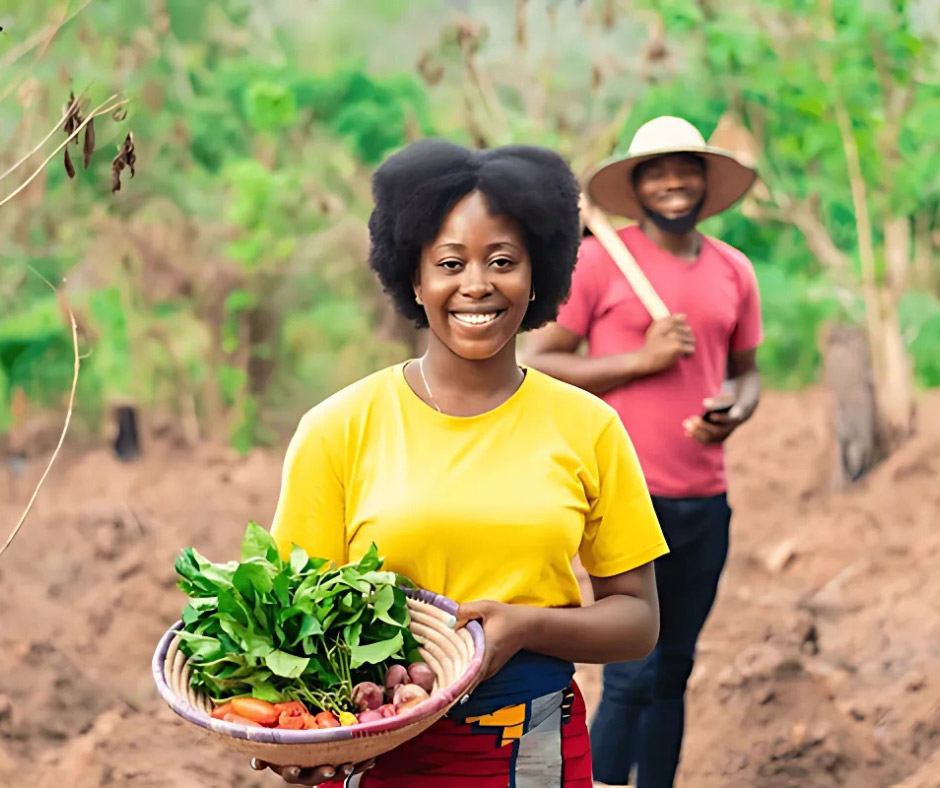On a plot of once-dry land outside Nairobi, a small miracle is taking root — and it doesn’t begin with the government or a corporation, but with a local church. St. Mark’s Anglican Church, perched on the edge of Kibera, has transformed two hectares of scrubland into a bustling agribusiness training hub. Chickens cluck in neat rows of coops, irrigation systems feed rows of kale and tomatoes, and solar panels power the entire system. The initiative is part of a growing movement across sub-Saharan Africa in which churches are taking a central role in food security and sustainable agriculture.

In Uganda, Malawi, and Kenya, churches are not just preaching from pulpits; they are teaching organic composting, distributing drought-resistant seeds, and helping communities turn surplus produce into cooperative capital. These initiatives are driven by an urgent need: millions across the continent are facing food insecurity, worsened by climate shocks and global economic instability. According to the World Bank, sub-Saharan Africa now accounts for 60% of the world’s acutely food-insecure population.
“The church is not only a place of spiritual nourishment,” says Rev. Daniel Ogutu, the visionary behind Nairobi’s St. Mark’s project. “It must be a place of innovation, dignity, and food. Jesus didn’t just teach; He fed the multitudes.”
The St. Mark’s initiative partners with World Renew Africa and uses a biblically rooted curriculum on stewardship and sustainability. Every cohort of trainees includes women, widows, and unemployed youth — many of whom graduate into self-sufficient agri-entrepreneurs.
Similarly, in central Uganda, the Bethany Community Church Farm Project trains women in aquaponics and vertical farming. “Our pastors realized early on that the best sermon for the poor was to teach them how to feed themselves,” says Senior Pastor Sarah Nabwire.
In Malawi’s Chikwawa District, the Bread and Seed Initiative, run by a coalition of Pentecostal and Catholic parishes, operates like a cooperative. Members pool harvests and profits are redistributed into local micro-lending. The model is based on Acts 2:44-45: “All the believers were together and had everything in common.”
This cooperative model is proving remarkably resilient. While large-scale commercial farms suffer from input cost volatility, faith-based farming groups leverage community cohesion and local knowledge to sustain productivity — even during market disruptions.
One major theological shift driving this trend is a renewed embrace of the “Cultural Mandate” — the Genesis call to “tend and keep” creation. The Pan-African Theological Roundtable on Sustainable Development, held in Addis Ababa earlier this year, affirmed agriculture as a “sacred act of reconciliation with the earth and a vehicle of Gospel witness.”
Dr. Grace Mboya, a missiologist and food justice advocate, notes that this approach challenges Western dualism. “For decades, mission was decoupled from land. Now, we’re seeing land as altar. Theology is being composted into the soil.”
Despite these successes, challenges abound. Access to land, especially in urban and peri-urban areas, remains a major constraint. Government support is inconsistent, and many church-led agribusinesses operate without formal recognition or financial buffers.
Still, the momentum is growing. According to a report by the African Faith and Justice Network, over 1,200 churches across East and Southern Africa are now engaged in structured agricultural activities.
In July, Nairobi will host the first-ever Faith & Farming Forum, bringing together church leaders, agronomists, and economists to scale these efforts continent-wide. Topics will include eco-theology, agri-finance, and post-harvest value chains.







